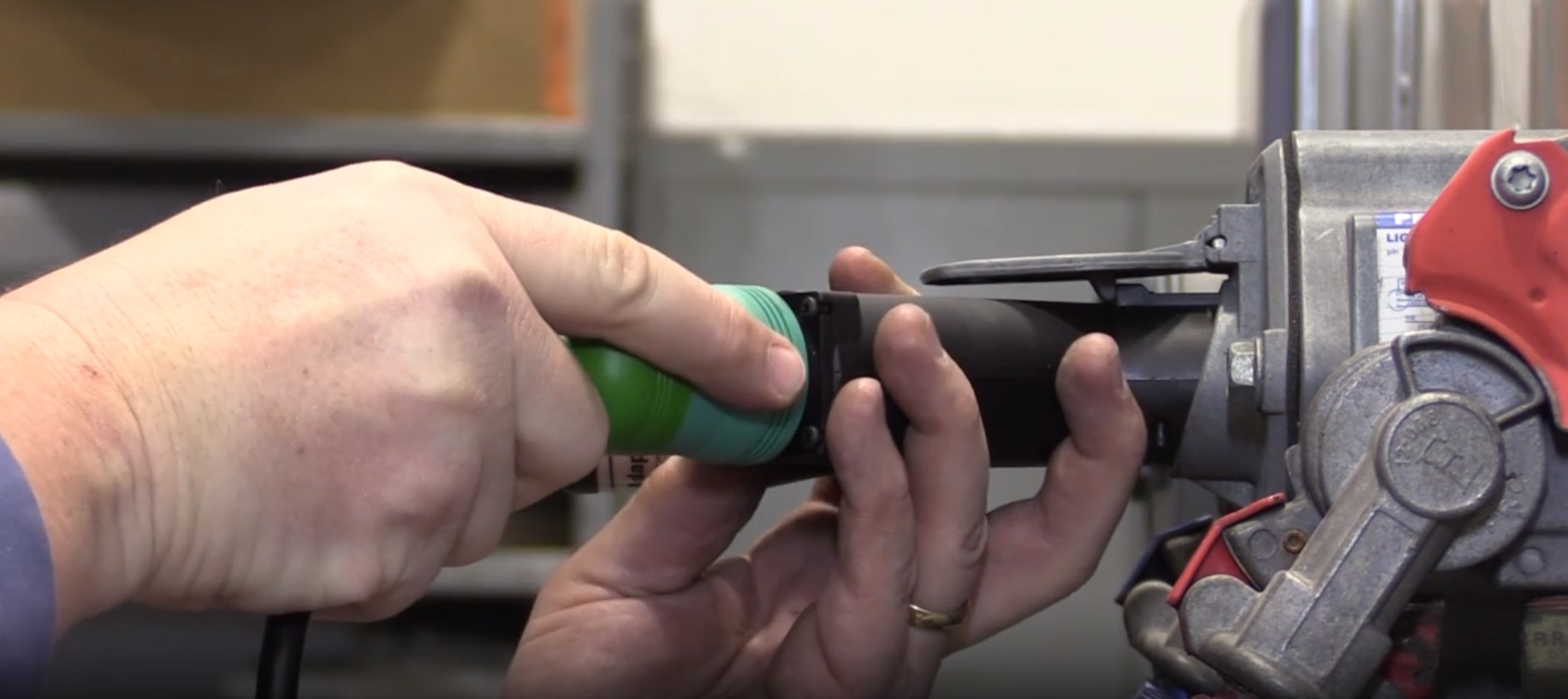
Brembo is the stopping partner of choice for the new 2019 Chevrolet Corvette ZR1 that recently made its North American debut at the Los Angeles Auto Show.
Although the size of the fixed aluminum calipers hasn’t changed from the Z07, the brake rotors and the friction materials have been enhanced to provide additional track capability to match the increased performance of the vehicle. The front carbon-ceramic rotor is manufactured with a special heat treatment in order to improve its resistance to the higher thermal load and to increase the heat dissipation under demanding track conditions.
The front and rear brake pads are made with new formulations developed under the guidelines of the Brembo R&D Center with the purpose of providing higher stopping power and better pad wear.
“We are very excited about the 2019 Corvette ZR1,” said Dan Sandberg, Brembo North America president and CEO. “When you have 755-horsepower in a track-proven streetcar there are a lot of demands on the braking system. It has to perform at a track day at Sebring as well as provide quiet stopping power driving down Main Street.”
The ZR1 Brembo system is composed of front 6-piston monobloc calipers with 394mm x 36mm carbon ceramic disc, and rear 4-piston monobloc calipers with 390mm x 32mm two-piece discs which also are carbon-ceramic.
Chevrolet debuted a new orange caliper color on the ZR1, which now gives the consumer a choice of six different caliper colors (black, red, yellow, gray, blue and orange) when ordering their new ZR1.
Brembo brakes also are featured on the Corvette Z06, Corvette Grand Sport and Corvette Stingray.


